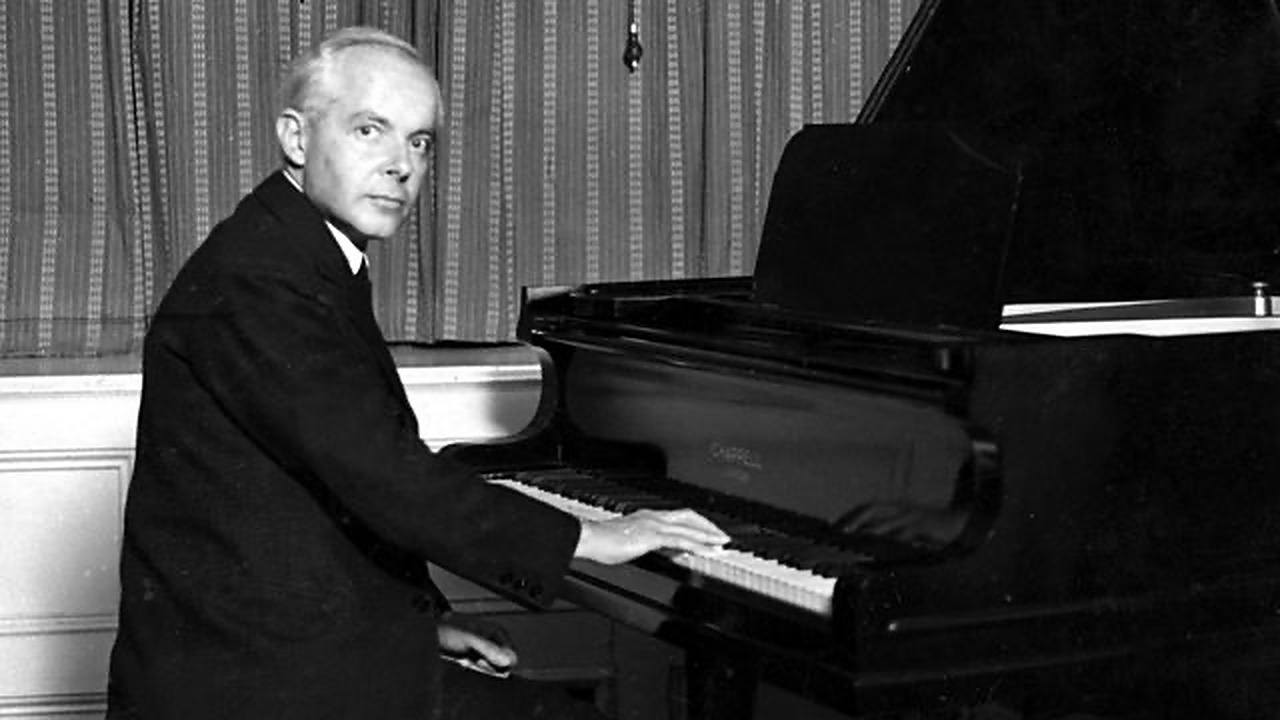Rachmaninov’s Prelude in B Minor, Op. 32, No. 10: Longing for the Return
The 1887 painting, Die Heimkehr (“The Homecoming” or “The Return”), by Swiss Symbolist Arnold Böcklin (1827–1901), shows a solitary figure seated with his back to a square reflecting pool. His attention is focused on a shadowy house with a single lit window. The late autumnal landscape suggests the falling veil of mortality, greeted with a blend of quiet anxiety, detachment, and inevitability. It was this painting which inspired Sergei Rachmaninov to write the …







